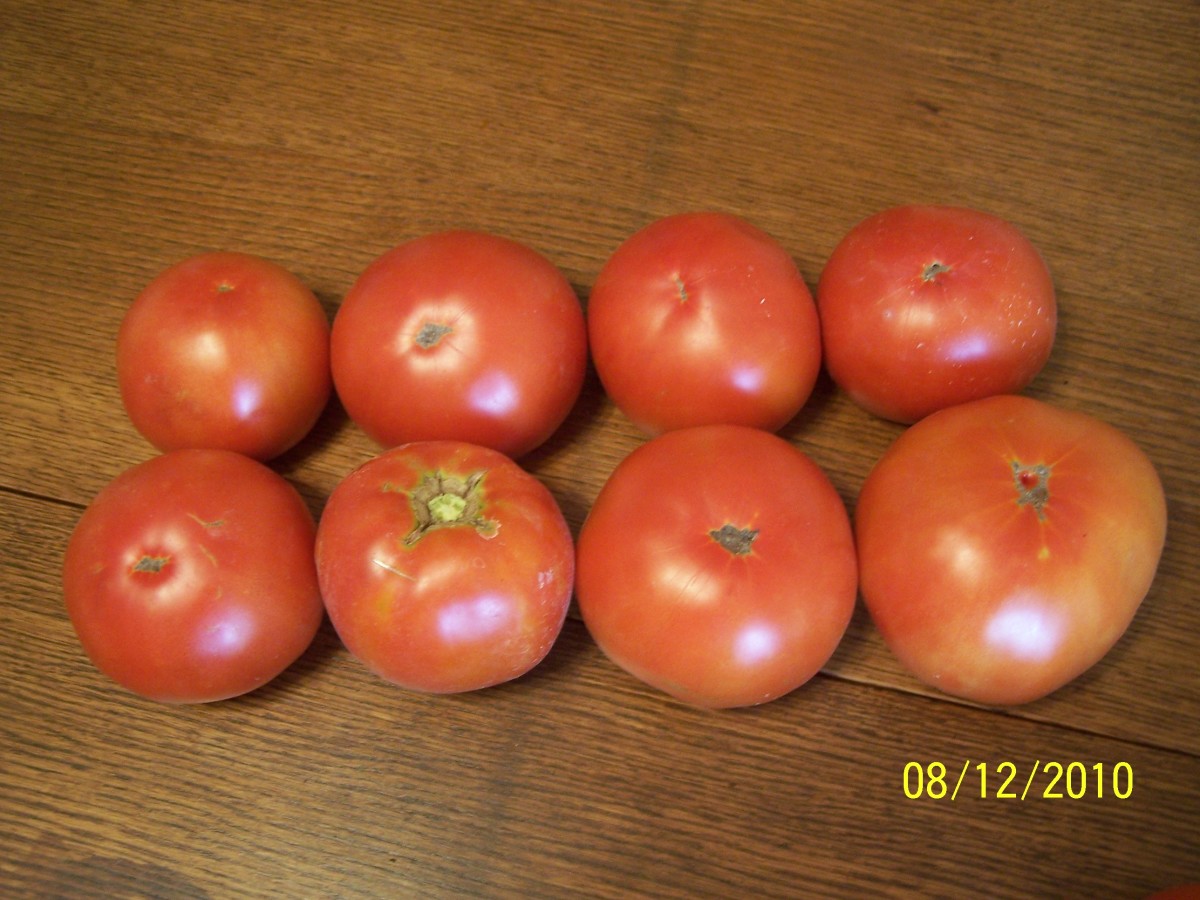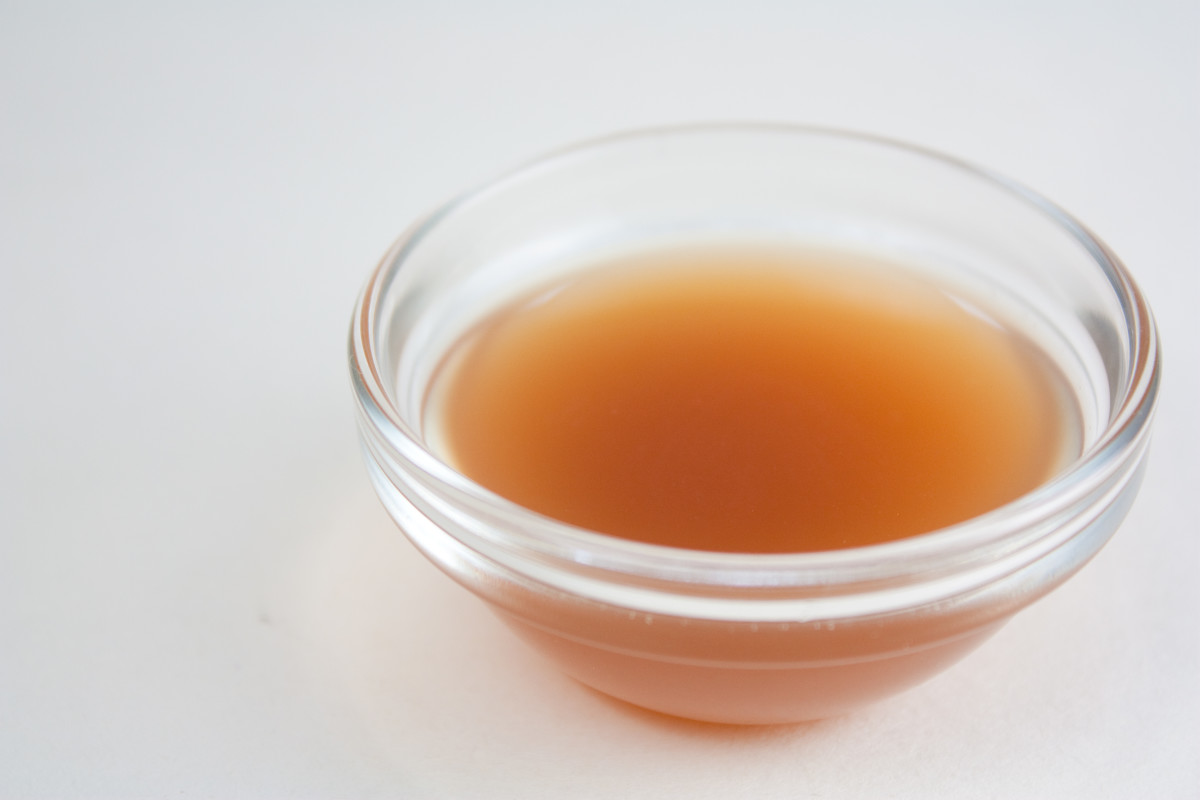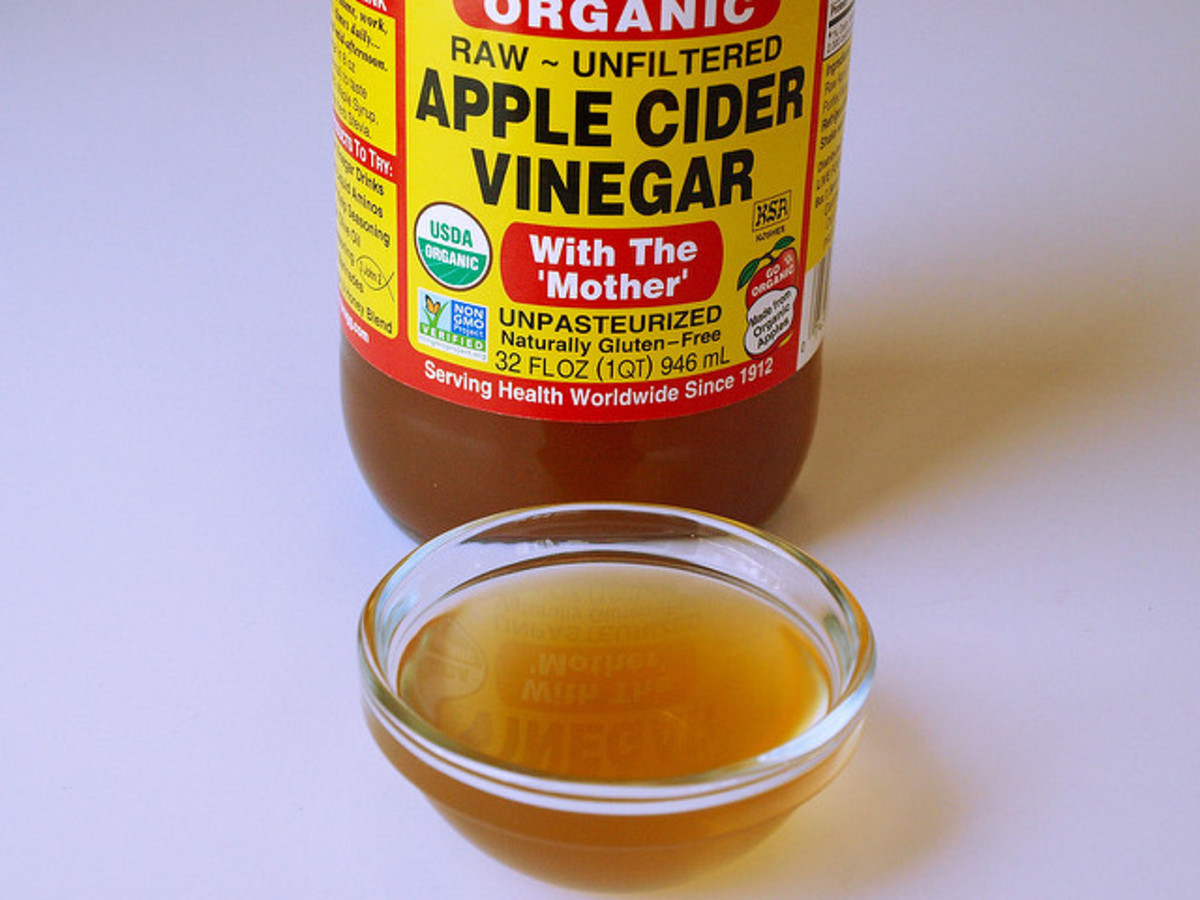Could the Ateronon Tomato Pill Save Lives?
The Ateronon tomato pill is claimed to reduce LDL cholesterol oxidation and reduce hardening of the arteries. If this be so, then it could lower the risk of cardiovascular disease (CVD) and stroke and ultimately save lives.
A key component of Ateronon is 'lycopene,' extracted from tomatoes, hence 'tomato pill.'
Lycopene is a carotenoid pigment which gives tomatoes and other fruits their red color.
It has been the subject of many studies and there have been numerous claims as to its potential to help reduce the risk of CVD, stroke, and even cancer.
In this article you'll discover more about lycopene and Ateronon and if a daily supplement of such tomato pills may indeed help to save lives.
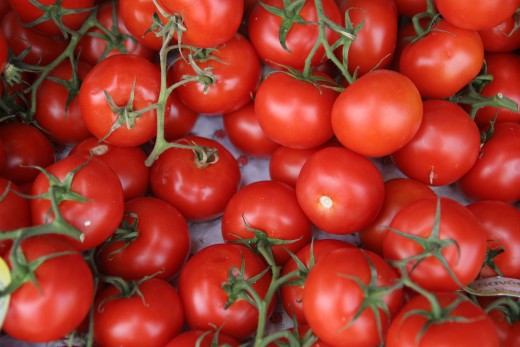
Let's Talk About Lycopene
Before we go into detail about Ateronon it would be best to understand what lycopene is, since it is an essential component of the Ateronon tomato pill...
Lycopene is a carotenoid pigment that gives certain fruits and vegetables their red color, for example, tomatoes, guavas, watermelon, pink grapefruit, red cabbage and carrots.
It is a powerful antioxidant -- twice as powerful as vitamin E -- that may, according to some studies, help reduce the risk of some cancers, CVD and stroke.
Tomatoes have particularly high concentrations of lycopene, are readily available, and widely consumed, which is why there is such a lot of interest in them in terms of their potential health benefits.
Furthermore, according to a study carried out in 2005 and published in the Journal of Nutrition, the lycopene in cooked or processed tomatoes (e.g. paste, sauce, puree, ketchup, soup, etc.) is more easily absorbed into the blood stream than in the raw state.
Let's now have a quick look at some of the studies that have been carried out on lycopene...
Headline Lycopene Studies
There have been over 50 studies alone into the possible benefits of tomato lycopene in lowering the risk of CVD and stroke through the reduction of LDL cholesterol oxidation.
About two thirds of studies suggest a positive benefit for dietary lycopene whilst a third indicate no such benefit.
Dr Rissanen from the School of Public Health and Clinical Nutrition at the University of Kuopio, Finland, has looked at most of these studies and trials. She concludes that:
"The findings from epidemiological studies support the claim that higher blood or tissue levels of lycopene or higher intake of lycopene from dietary sources are beneficial in the prevention of atherosclerosis and CVD [cardio vascular disease]. However, there are still many questions concerning the role of lycopene and tomato products in cardiovascular health and more studies will be needed to clarify this association. In addition a large intervention study would help to evaluate the relation between the intake of lycopene (or tomatoes and tomato products) and the risk of CVD."
Here's a heads-up on just a few of these studies, including some for lycopene and cancer...
(1) A study in Finland involving 1,031 men aged between 42 to 61, and published in the Neurology medical journal on 9 October 2012, concluded that high levels of lycopene in the blood may reduce the risk of stroke in men by up to 55%.
(2) A 2003 study in the US and published in the American Journal of Clinical Nutrition, indicated that women with a high consumption of tomato-based food had a median 33% lower risk of CVD than women on low tomato consumption.
(3) However, a randomized controlled trial carried out by the Division of Applied Medicine at the University of Aberdeen in Scotland, and published in PubMed.gov, found no link between a tomato-rich diet and the markers of CVD. That is to say, no link between lycopene and a reduced risk of CVD.
(4) A laboratory study, carried out at the University of Portsmouth in England, and reported in the Telegraph in Jan 2012, indicated that lycopene in cooked tomatoes helps to slow the growth of prostate cancer cells.
(5) A clinical trial of 26 newly diagnosed prostate cancer sufferers in the US and published in PubMed.gov found that lycopene supplementation may reduce the growth of prostate cancer.
The problem with the studies and trials thus far is that they use different assessments, methodologies, levels of lycopene, and risk factors. So perhaps it isn't surprising that results vary so much.
That being said, please now listen to Dr. Meschino on the subject of lycopene and cancer...
Dr. Meschino's Take on Lycopene and Cancer Prevention
Visit http://www.meschinohealth.com/ArticleDirectory/Lycopene_And_Cancer/ to read Dr. Meschino's full article on this topic.
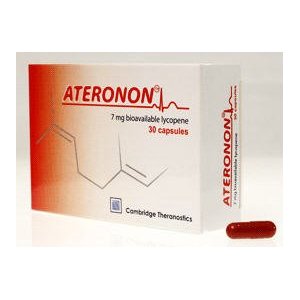
Now Let's Look at ATERONON™
ATERONON™ is the trademark name given to the food supplement owned and distributed by CamNutra Ltd (Cambridge Nutraceutical Biosciences) and manufactured in Milan, Italy.
It is classified as a food supplement and, according to CamNutra, has no known side effects, although it is not suitable for people with tomato, milk, or soy allergies or intolerance's.
It comes in capsule form and uses a patented lycopene formulation that uses a combination of lycopene, whey protein (from milk), and soy.
According to CamNutra, this combination increases lycopene bioavailability. That is to say, it makes it easier for the body to absorb the lycopene.
They claim that one capsule per day can help to inhibit the oxidation of LDL (bad) cholesterol and so help to prevent the build-up of plaque in the arteries, thus reducing the risk of CVD and stroke.
They have based this on a 2 month trial involving 36 subjects with pre-existing heart conditions and 36 healthy subjects. The average age was 67 for both groups.
According to CamNutra, the results were very promising, with a reduction in LDL oxidation of more than 90% after 2 months along with improvements in the elasticity and efficiency of blood vessels and a reduction in hardening of the arteries.
Peter Kirkpatrick, a Cambridge neurosurgeon and medical advisor to CamNutra, said, "The results from this trial are far better than anything we could have hoped for.” But he cautioned that, “This was a small group, and we now need to confirm the findings in a much larger study population.”
The British Heart Foundation welcomed the results but insisted that there was more work to be done before conclusively demonstrating that lycopene could help people with CVD...‘We still say the best way to get the benefits of a Mediterranean diet is to eat plenty of fresh fruit and vegetables.’
Conclusion
It is too early to say if Ateronon or indeed any other so-called tomato pill could save lives...
Although there is a substantial (and growing|) knowledge about the causes and risk factors for heart disease, stroke, and cancer, etc., and there is plenty of evidence about the health benefits of foods, such as tomatoes, there is no clear, definitive evidence to connect the two together.
The evidence thus far is mainly 'suggestive,' and the underlying mechanisms are not clearly understood. For example, there are many beneficial compounds in tomatoes and some of these acting alone or in conjunction with lycopene may be important too.
For this reason, long-term clinical studies are needed to evaluate a clear and significative link between lycopene and the risk of CVD, stroke and cancer. This includes, not just Ateronon, but other tomato lycopene pills available today.
Therefore, anyone who is considering taking Ateronon or other tomato dietary pills should first consult with their doctor / physician about their suitability for their particular case.
But whatever you do, do not stop taking any prescribed drugs unless your doctor / physician advises otherwise.
Tomato Tips and Recipes
There is no doubt that the so-called 'mediterranean' diet has many health benefits. And a key part of the diet is, indeed, tomatoes, as I can attest to, having previously lived for a number of years in Spain.
Check out the following videos showing you how to prepare healthy and tasty tomato-based meals...
Tomato Tips
How to Make Tomato Sauce
Tasty Tomato Soup Recipe
Gazpacho and Tomato Salad
Sun-Dried Tomato Pesto Recipe
Stewed Tomatoes Recipe
Shakshuka Tomatoes and Eggs Recipe
References for the Ateronon Tomato Pill
- Ateronon - Wikipedia, the free encyclopedia
- Lycopene - Wikipedia, the free encyclopedia
- Lycopene and Human Health
- Tomato Drug Ateronon Shows Heart Benefits: Pharmaceutical International News
- 'Tomato pill' could save lives | Cambridge News | Health | Health-news
- BBC NEWS | Health | Tomato pill 'beats heart disease'
- LYCOPENE: Uses, Side Effects, Interactions and Warnings - WebMD
- Lycopene in cancer prevention and treatment. [Am J Ther. 2008 Jan-Feb] - PubMed - NCBI
- Lycopene in tomatoes: chemical and physi... [Crit Rev Biotechnol. 2000] - PubMed - NCBI
- Lycopene from tomatoes may protect against stroke - CBS News
- Cancer.org - lycopene
- Lycopene Benefits and Heart Disease
Disclaimer
The content of this Hub is for informational purposes only. It is not meant to be a substitute for proper medical diagnosis, treatment or advice, and you should not assume that it is. Always consult your health-care provider / physician / doctor before taking any medications, natural remedies, supplements, or making any major changes to your diet.


